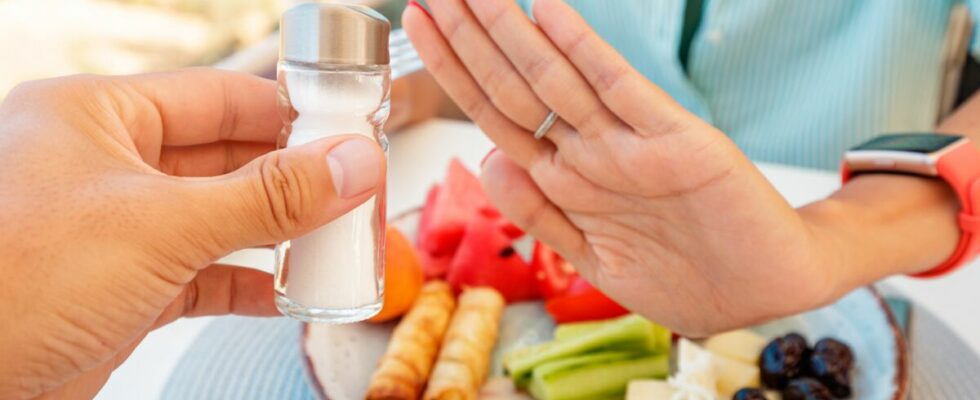“The two main causes of kidney disease currently are high blood pressure and diabetes and as a corollary of this obesity”, informs Professor Patrick Rossignol, Nephrologist, head of the Medical Specialties – Nephrology-hemodialysis department at the Princess Grace Hospital Center (CHPG) in Monaco, and coordinator of the FCRIN INI-CRCT network. He adds that an obese person is more likely to worsen their kidney disease whatever the cause. This is why the management of kidney failure includes dietary measures to reduce excess weight as well as more specific dietary rules.
Prevention of complications of chronic kidney failure, particularly cardiovascular ones, requires an LDL cholesterol level (the “bad” cholesterol) below 0.7g/liter or even 0.55 g/l depending on the level of cardiovascular risk. To do this, it is necessary to reduce the consumption of fats and especially saturated fats. Additional drug therapies are most often essential to achieve these targets.
Chronic kidney failure: limit salt intake
High blood pressure is a risk factor for chronic kidney failure, and conversely, we often develop high blood pressure when we have chronic kidney failure. “One of the links between hypertension and diet is salt consumption,” indicates Professor Rossignol. A hypertensive person should consume 6 g of salt per day on average, but the average in France is more like 10 g per day. Eating less salt also promotes the action of medications prescribed in cases of kidney failure to protect the kidney. In practice, people suffering from kidney failure are advised not to add salt (because a little salt can be added to the cooking water) to their food after cooking, and not to consume ready-made dishes that are often rich. in salt.
Chronic kidney failure: limit protein and potassium intake
The diet must be adapted according to the degree of severity of chronic kidney disease (CKD). “At more advanced stages of chronic kidney failure, it is also recommended to limit the consumption of proteins, particularly animal proteins,” informs the nephrologist. Protein consumption should then not exceed 0.8g per kilo of body weight per day. A protein-restricted diet in addition to a salt-restricted diet slows the progression of chronic kidney disease.
In more advanced stages of chronic kidney disease, other metabolic abnormalities may occur, including too much potassium (blood potassium) because the kidneys can no longer eliminate the potassium that comes from the diet. In the case of more advanced kidney disease, when hyperkalemia appears, it is appropriate to limit foods very rich in potassium such as almonds, chocolate, cherries, dried vegetables, etc.
In the early stages of chronic disease, this potassium intake generally does not pose a problem. An increase in phosphorus in the blood (phosphoremia) can also occur in the advanced stages of CKD. It is then necessary to limit phosphorus intake by reducing the consumption of foods that are rich in it (pressed cheeses, etc.).
Nutrition for people with renal insufficiency: monitoring by a dietician
Follow-up by a dietitian in addition to support from the general practitioner and the nephrologist allows the person suffering from kidney failure to be given advice on how to adapt their diet in a personalized manner. “Chronic kidney disease means prolonged care and we know that it is difficult to follow a diet as well as long-term drug treatment,” underlines Professor Rossignol who insists on the importance of therapeutic education workshops to help chronically disabled people to be compliant both in taking medications and in eating and lifestyle habits (regular physical activity, stopping smoking …) to change.
